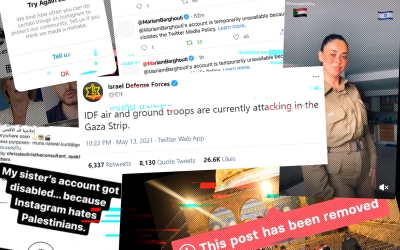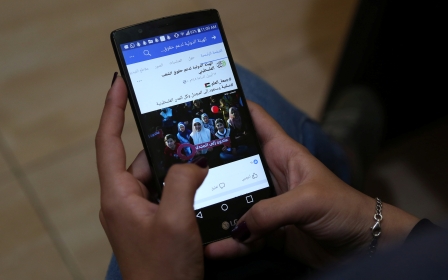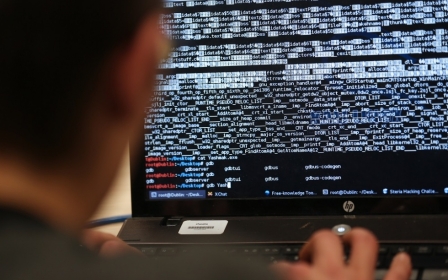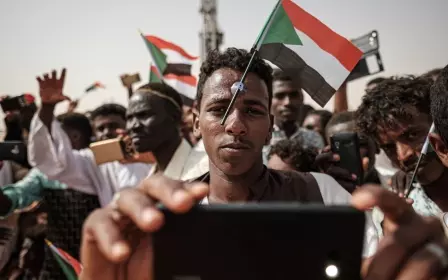Facebook criticised over 'terror' list that overwhelmingly features Muslim groups
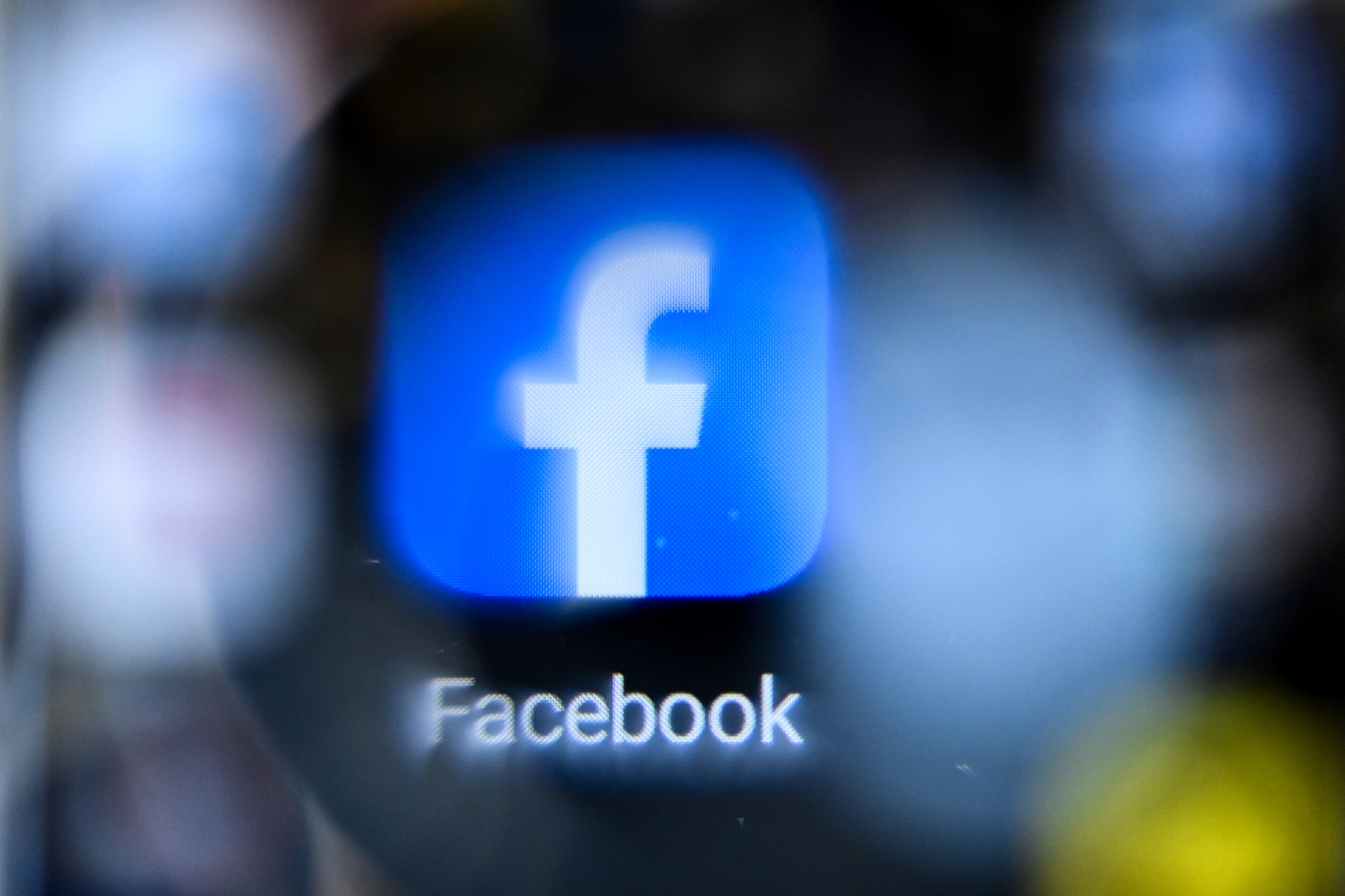
A leaked list of individuals and organisations branded "dangerous" by Facebook has been criticised for appearing to focus disproportionately on Muslim groups.
Facebook's Dangerous Individuals and Organisations policy (DIO) was formulated after criticism from governments and activists that the platform was being used by militant groups, the far-right and other "extremist" organisations to promote their ideologies.
As part of its new Community Standards, Facebook imposed a ban on “organisations with a record of terrorist or violent criminal activity”.
Part of the DIO involved a list of more than 4,000 people and groups, including politicians, writers, banks, charities, hospitals, musicians and even dead historical figures.
The list, which was published by the Intercept on Wednesday, is split between groups and individuals, and divided into categories of "terror", "crime", "hate", "militarised social movements" and "violent non-state actors".
New MEE newsletter: Jerusalem Dispatch
Sign up to get the latest insights and analysis on Israel-Palestine, alongside Turkey Unpacked and other MEE newsletters
'Double standards'
The overwhelming majority of groups and individuals referenced in the "terror" category have an Islamic ideology or background in a Muslim-majority state.
The "terror" list is composed of both non-state militant groups, such as Islamic State and al-Qaeda, and state-affiliated organisations, such as Iran's Islamic Revolutionary Guards Corp (IRGC) and the Iran Tractor Manufacturing Company.
There are also a number of Palestinian groups, such as the Palestine Liberation Front, Hamas, and the al-Aqsa Martyrs Brigades, which is linked to the ruling Fatah party in Palestine, and the UK-based Palestinian Relief and Development Fund.
By comparison, far-right groups and American anti-government militias are placed in the "hate" and "militarised social movements" categories, respectively.
Speaking to the Intercept, Faiza Patel, co-director of the Brennan Center for Justice’s liberty and national security programme, said there appeared to be double standards at work.
“The lists seem to create two disparate systems, with the heaviest penalties applied to heavily Muslim regions and communities,” she said.
The documents, she added, suggested "that Facebook, like the US government, considers Muslims to be the most dangerous", while by contrast "hate groups designated as anti-Muslim hate groups by the Southern Poverty Law Center are overwhelmingly absent from Facebook’s lists”.
Middle East Eye contacted Facebook for comment, but had received no response at the time of publication.
Middle East Eye delivers independent and unrivalled coverage and analysis of the Middle East, North Africa and beyond. To learn more about republishing this content and the associated fees, please fill out this form. More about MEE can be found here.


